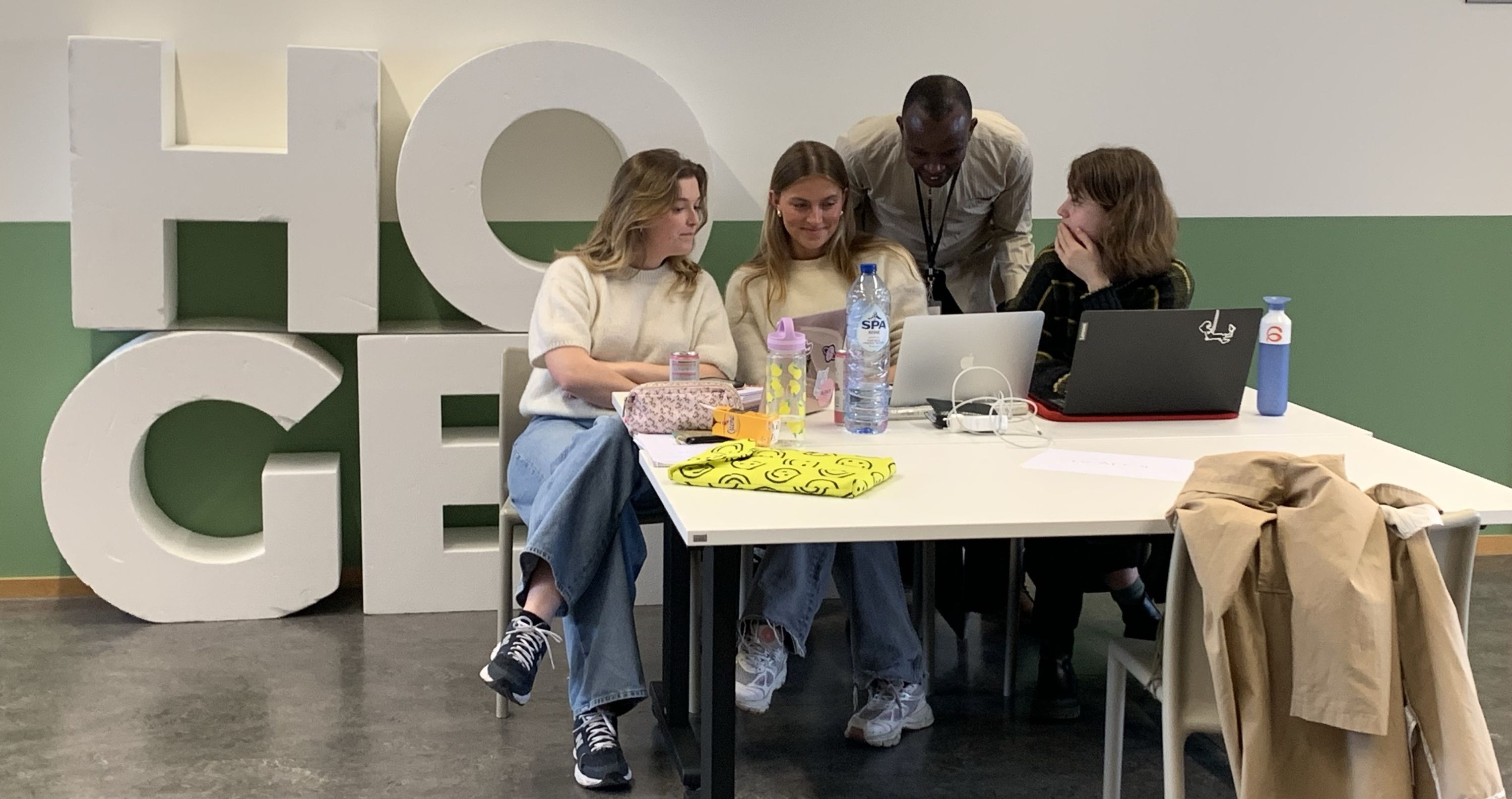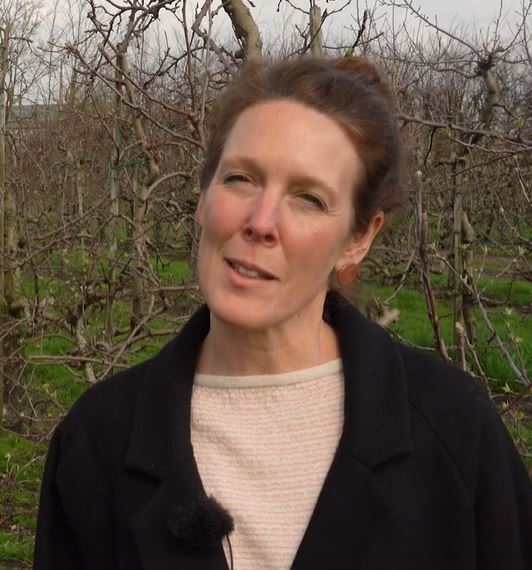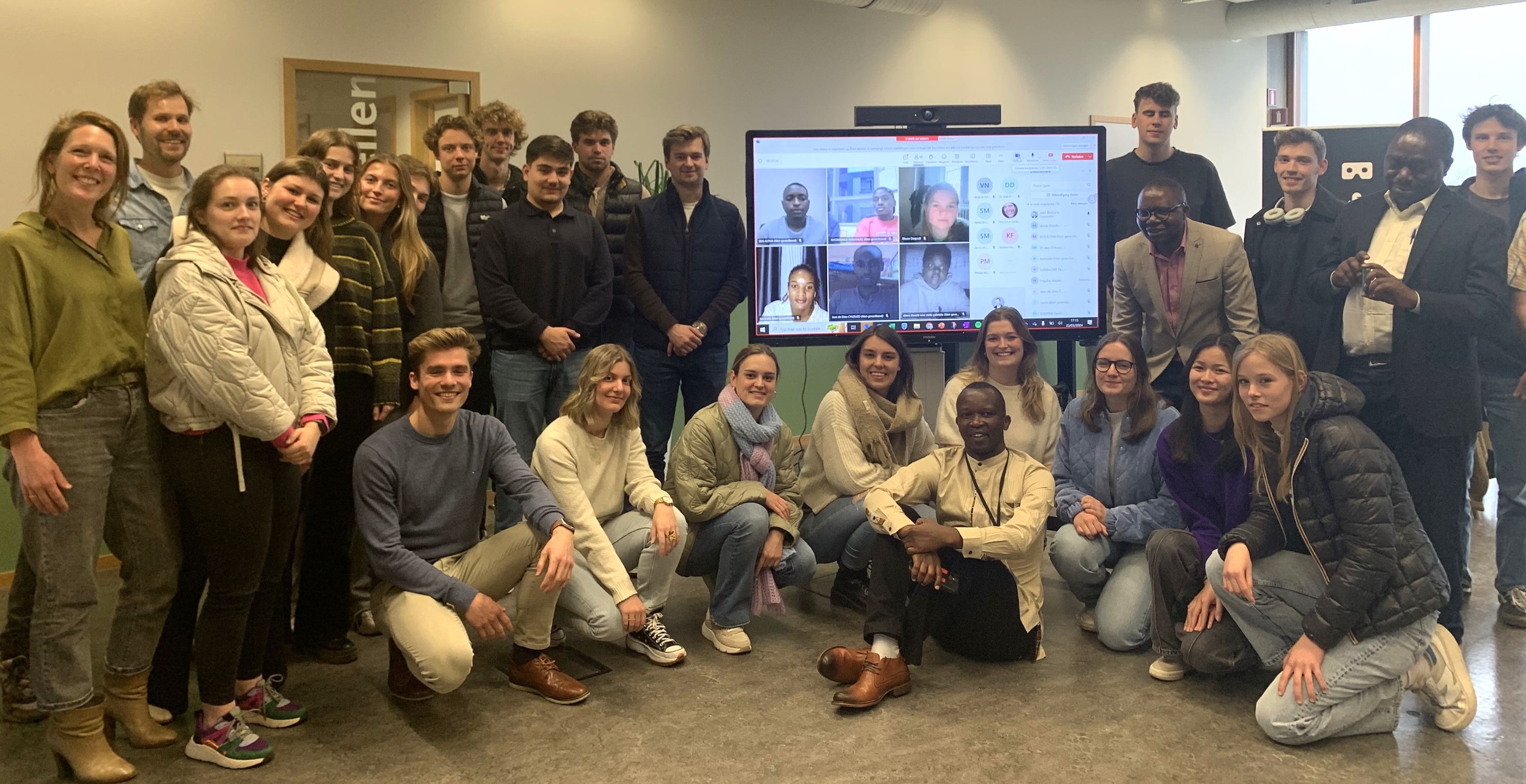During the ‘Week Zonder Grenzen’ (18-22 march), about 50 students of HOGENT and the University of Rwanda participated in a hackathon about the battle against malnutrition and the improvement of the nutritional value chain in Rwanda. This project formed the final piece of the COIL- trajectory (Collaborative Online International Learning) ‘Unite for food of the future’. This COIL is linked to the research activities of HOGENT and the University of Rwanda, so it is a nice illustration of how research and education reinforce each other.
HOGENT is involved as a partner in a collaboration with the province of East-Flanders and a couple of NGO’s in the southern province of Rwanda. This partnership works on the needs of the vulnerable, focusing on farming cooperations, women, young entrepreneurs, children with a disability and their families. The partners engage for each other's target audiences and strive towards an inclusive, peaceful and sustainable collaboration. During the ‘week zonder grenzen’, the Rwandese NGO Pandamu and 2 professors of the University of Rwanda visited HOGENT.
The Rwandese agriculture is very fractioned and the nutritional value of the crops leave something to be desired. The collaboration agreement wants to do something about that.
HOGENT has worked together with the educational institutions of Rwanda for years. Frequently, HOGENT students have their internships there, and there were previous projects about social entrepreneurship in local agricultural companies.
Multidisciplinary
The kick-off of the COIL trajectory took place on the 5th of march. Students got to know each other (online) and received context about the subject. Running-up to the hackathon, all participating students were expected to follow an online course module of the Food Agriculture Organisation about nutritional values and how to improve these. After running through the course module, the students had a test. Those who passed the test, received a certificate, which was a necessary condition to participate in the hackathon. “ we wanted everyone to start with the same basic knowledge”, says Marianne De Meerleer, who is a lector in agricultural and bio technologies and researcher at AgroFoodNature. She coordinated this project together with Joeri Brusselle, Sven D’Hondt (both lectors in business management and researchers at the Research Centre for Sustainable Organizations) and Sarah Blondeel (lector in nutrition and dietetics)

“The students have a very different study background: some come from the business management programme, some from the nutrition and dietetics programme (and its Rwandese version) and others from agricultural and bio technologies. This multidisciplinarity is an asset in coming up with solutions, but a common basic knowledge is necessary to support and reinforce each other from their own discipline.”
Pineapple
Within the COIL, students were involved in the project by the NGO Pandamu, which supports vulnerable farmers and fruit producers in the southern province of Rwanda in cultivating, processing and marketing their products.
The students helped developing a social business plan for a company that aims to produce fruit juices based on pineapples. Any potential profits will be reinvested in the local community.

The input of our Rwandan partners is particularly interesting for our students.
Marianne De Meerleer, lecturer in agro- and biotechnology and researcher at AgroFoodNature
As a side activity, a company visit was organized to Fruitsappen Verhofstede in Lokeren, a business model where fruit is processed into juice in a very natural way. According to Marianne, it was an inspiring learning experience for the participating researchers and entrepreneurs: "The company is a beautiful and inspiring example of sustainable production with respect for the local farmer."
Summer school
During the hackathon, the students — working in 8 teams of 6 students each 3 Rwandan and 3 from HOGENT, with diverse academic backgrounds — were presented with real-world challenges brought forward by the involved Rwandan NGOs. "The contribution of our Rwandan partners is particularly valuable for our students," emphasizes Marianne De Meerleer. The students gained insights into the issue of malnutrition in southern Rwanda, common crops —pineapple, maize and bananas, local eating habits, and the challenges faced by farmers — many of whom are women. The students used this knowledge to design interventions that could positively impact nutritional value, efficiency, and collaboration.
The COIL project is set to continue: "We are extending the project and may open it up to other degree programs as well. Several other disciplines could provide meaningful input, and the preparing course module offers a shared starting point," says Marianne De Meerleer.
In addition, about twenty HOGENT students will participate in a summer school in Rwanda this summer, where they will further explore these themes and can also earn academic credits.
